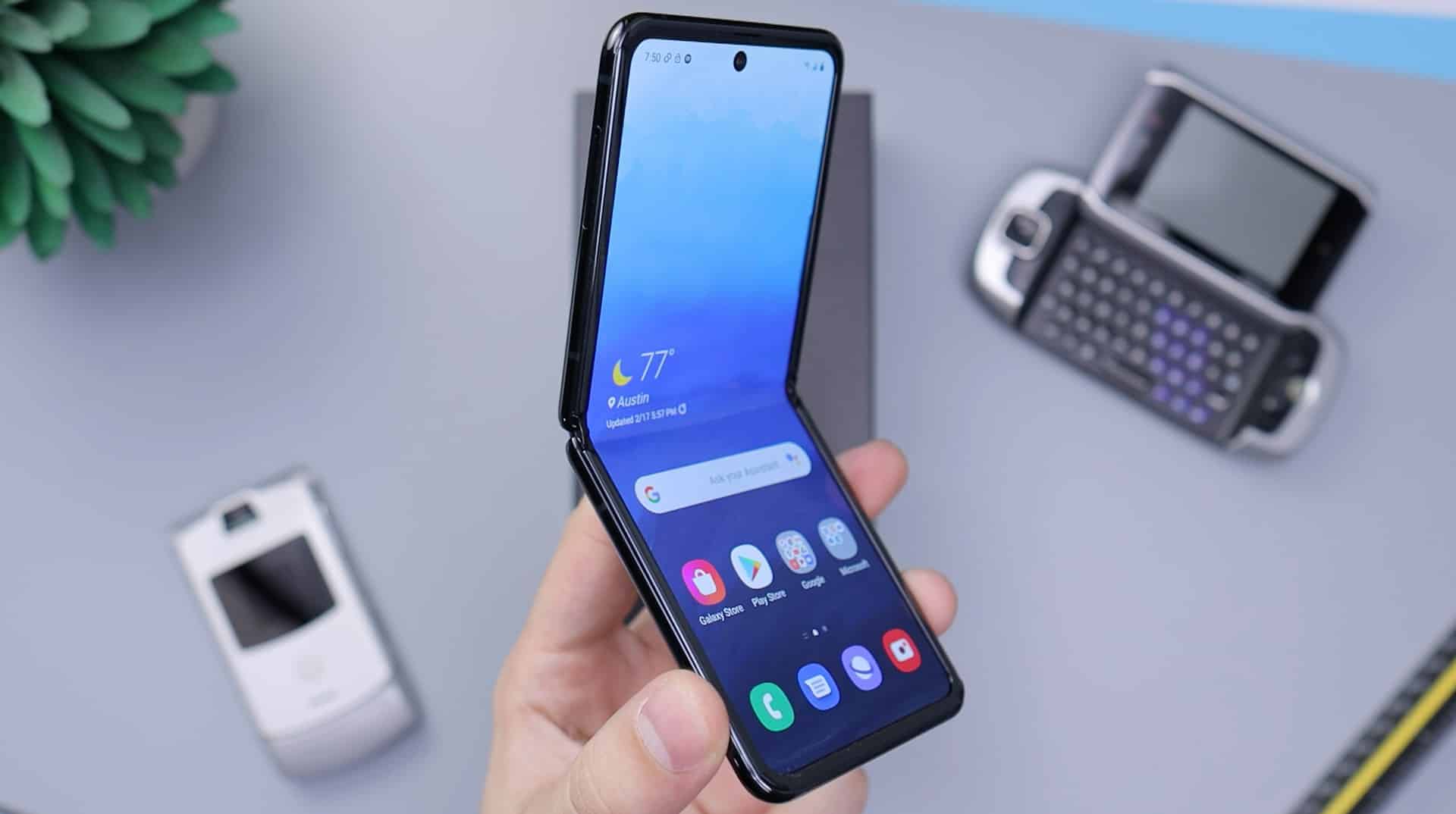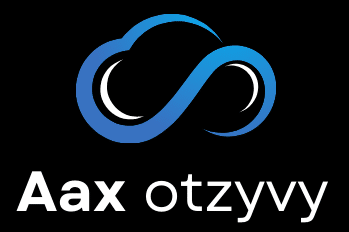
What Are the Steps to Use Your Smartphone for Efficient Task Scheduling and Management?
In an ever-evolving digital era, your smartphone is not just a device for calls and texts. It's a powerful tool that can enhance your productivity and help manage your day-to-day tasks. Whether for personal use or in a business setting, understanding how to utilize your mobile device effectively can greatly improve task management, making your work and life more organized and less stressful. This article provides a guide on steps you can take to use your smartphone for efficient task scheduling and management, discussing several apps and features that will help you maximize productivity.
Choosing the Right Productivity Apps
Before you can start managing tasks on your smartphone, it's crucial to equip your device with the right apps. These apps offer various features to assist you in organizing tasks, scheduling events, setting reminders, and managing your time effectively.
Cela peut vous intéresser : How to Use Your Smartphone to Monitor and Control Smart Home Kitchen Appliances?
Evernote is a top-tier app for note-taking and task management. It allows you to create digital notebooks for everything from your day-to-day to-do list, business meetings minutes, and even your personal journal. The app also supports attachments, allowing you to embed images, audio, and video files within your notes.
Another noteworthy app is Asana. This app is suitable for team projects and is used by businesses across the globe. It allows you to assign tasks to team members, track their progress, and even integrate with other tools like Google Drive and Slack.
A lire en complément : How to Use Your Smartphone to Monitor and Control a Smart Home Heating System?
Google Calendar and Microsoft Outlook are also essential apps for scheduling and time management. They provide features such as color-coding for different events, sharing your schedule with others, and setting reminders for upcoming appointments or deadlines.
Setting Up Your Phone for Task Management
After choosing the right apps, the next step is setting up your phone for task management. This involves organizing your apps and home screen in a way that facilitates quick access to your productivity tools.
Keep your most-used apps on the home screen, and categorize the rest in folders. This will help you avoid clutter and save time when trying to find an app. You can also take advantage of widgets for instant access to certain app features right from your home screen. For example, a widget displaying your to-do list or upcoming events can be quite handy.
Additionally, it's crucial to handle notifications wisely. Constant notifications can disrupt your focus and reduce productivity. Ensure you only allow alerts from essential apps and mute the rest, especially during work hours.
Utilizing App Features for Task Scheduling
Understanding the features of your productivity apps is key to utilizing them fully. Most task management apps offer a variety of functionalities that help you schedule and prioritize tasks effectively.
With Asana, you can create projects, assign tasks within these projects, and set due dates. You can also prioritize tasks based on their urgency or importance. Google Calendar not only allows you to schedule events but also set reminders to notify you of upcoming tasks.
Synchronizing Your Devices for Seamless Task Management
To ensure efficient task management, it's essential to synchronize your smartphone with other devices that you use regularly, like your tablet or laptop. This ensures that the progress you make on one device is reflected on all others, providing a seamless work experience.
Most productivity apps offer synchronization features. For example, if you update a note in Evernote on your laptop, the changes will be immediately visible when you access the note on your smartphone.
Effective Time Management with Your Smartphone
Your smartphone can also be an effective tool for managing your time efficiently. The Pomodoro Technique, for example, advocates for working in focused, 25-minute intervals with short breaks in between. Apps like Toggl or Clockify can help you implement this technique by keeping track of your work intervals and break times.
Similarly, apps like Forest discourage phone usage during work time. In this app, you plant a virtual tree that grows over a set period. If you exit the app before the time's up, the tree dies. This encourages you to stay focused on your work and resist the temptation to use your phone unnecessarily.
In conclusion, your smartphone can be a powerful tool for task scheduling and management. By choosing the right apps, setting up your phone appropriately, utilizing app features, synchronizing your devices, and managing your time effectively, you can greatly enhance your productivity and stay on top of your tasks.
Harnessing Your Phone's Built-In Features for Task Management
Apart from third-party apps, your smartphone also comes with several built-in features that can facilitate task scheduling and management. These features can offer a quick and easy way to organize your tasks without adding any extra apps on your device.
Reminders and alarms can be set directly from your mobile device to help you keep track of tasks and deadlines. Most smartphones have a default app for this, allowing you to set one-time or recurring reminders.
Voice assistants like Google Assistant, Siri, or Alexa can also be used for task management. They can schedule reminders, set alarms, send emails, and even make phone calls on your command. This can be especially helpful when you're multitasking or your hands are occupied.
The notes app on your smartphone is another essential built-in feature. You can use it to jot down important points during meetings, set a quick reminder, or even create a to-do list. Most notes apps also allow you to organize your notes in different folders or categories, making it easier to find what you're looking for later.
Moreover, you can use your phone's calendar app for scheduling tasks or events. You can set alerts for upcoming events or tasks, invite others to events, and even view other people's schedules if shared with you. This is particularly useful in a business setting to coordinate with team members.
Integrating Social Media for Business Task Management
In today's digital world, social media platforms have become integral to business operations. You can leverage these platforms on your smartphone for efficient task management in your business.
LinkedIn allows you to connect with other professionals and potential clients, share updates about your business, and participate in relevant groups. It also provides a platform to recruit team members and share job postings.
Facebook and Instagram can be used to promote your business, interact with customers in real-time, and track the performance of your posts. You can manage your pages, respond to comments, and even schedule posts directly from your mobile device.
Twitter is an effective platform for real-time updates about your business. You can schedule tweets, engage with your followers, and monitor trending topics relevant to your business from your smartphone.
Pinterest can be a huge asset for a small business, especially for those in creative fields. You can use this platform to display your work, find inspiration, and even sell your products directly.
In conclusion, your smartphone is a powerful tool that can significantly enhance your productivity and efficiency. Whether for personal use or in a business setting, understanding how to leverage your mobile device for task management can make your life more organized and less stressful. By choosing the right apps, utilizing built-in features, integrating social media, and synchronizing your devices, you can transform your smartphone into a powerful task management tool. The key is to experiment with different tools and methods until you find what works best for you. Remember, the goal is not just to be busy, but to be productive.
